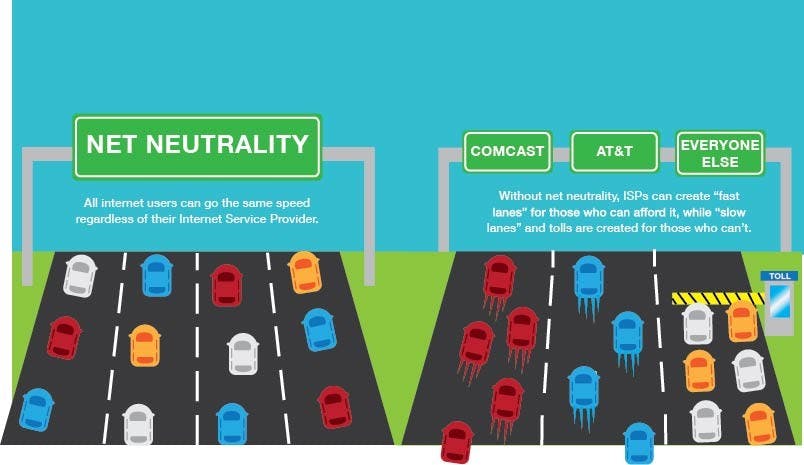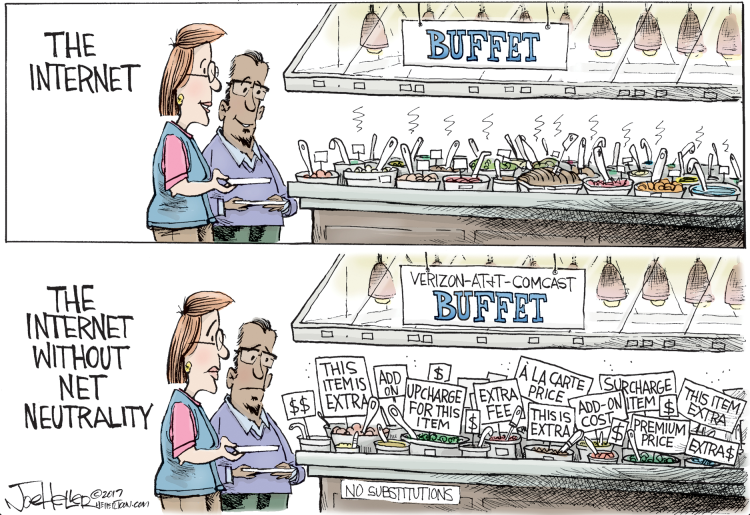Much easier now. Rights of way are now a matter of course. The courts have well-settled this issue.
As a matter of fact, existing rights of way with existing technology make this simple.
As a matter of fact, existing rights of way with existing technology make this simple.




:no_upscale()/cdn.vox-cdn.com/uploads/chorus_asset/file/9868169/DQ7fUDuUMAEFbNW.jpg)

